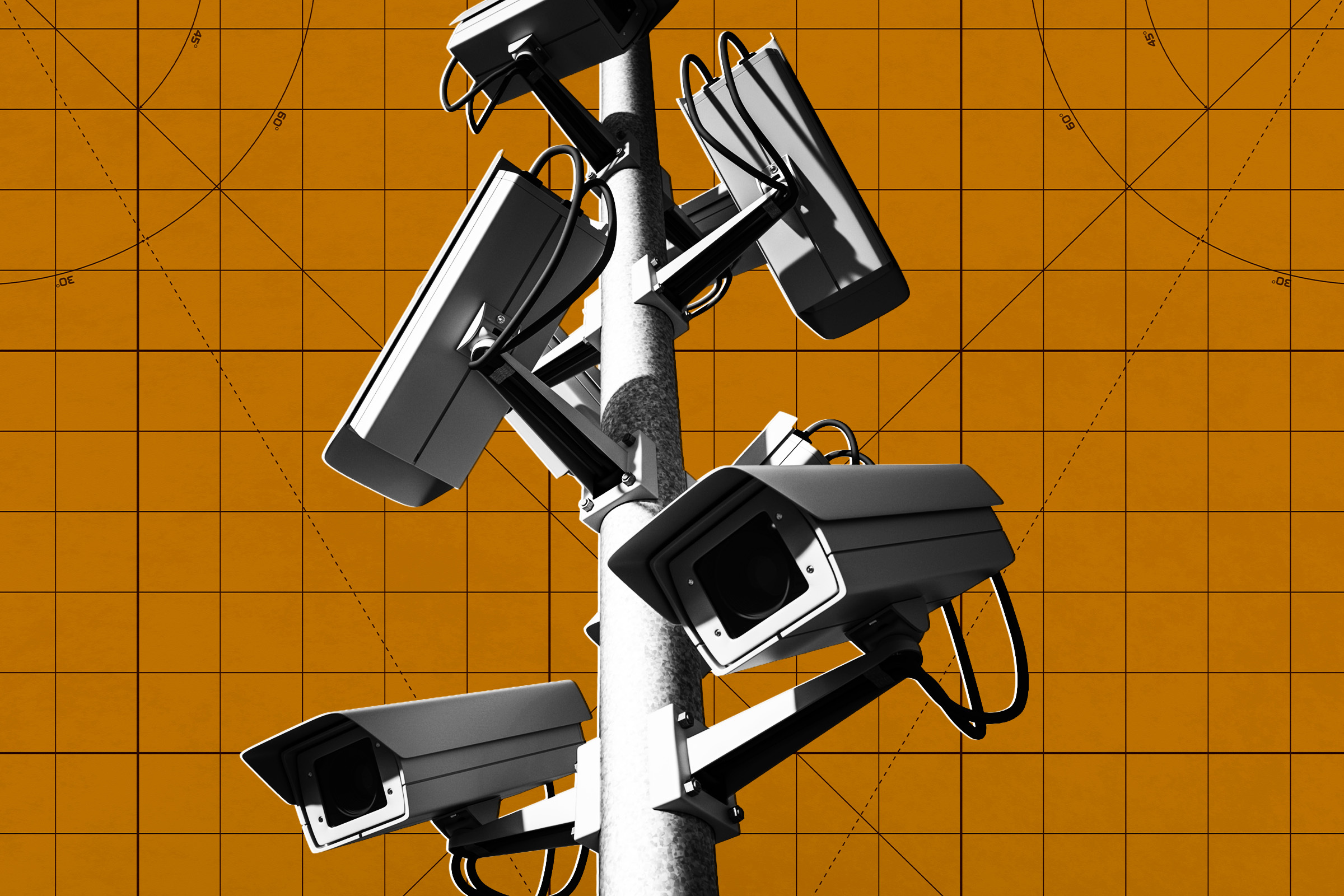Science
Police Accuse Colorado Woman of Theft Using Surveillance Data

On a seemingly ordinary day in Colorado, Chrisanna Elser faced an unexpected and alarming accusation from local law enforcement. Sergeant Jamie Milliman of the Bow Mar Police Department approached her home, asserting that she had stolen a package, backed by surveillance data from Flock, a police technology company. Milliman claimed that Elser had driven through Bow Mar “20 times the last month” and pinpointed her presence in the area during the exact timeframe when the theft occurred.
Elser was taken aback by the officer’s claims, particularly his assertion about the pervasive surveillance in Bow Mar. “You know we have cameras in that jurisdiction and you can’t get a breath of fresh air, in or out of that place, without us knowing, correct?” Milliman reportedly stated. Despite the serious nature of the accusation, he did not present any concrete evidence to support his claims.
The situation escalated when Milliman issued a court summons for petty theft, set for December. This led Elser to embark on a personal mission to clear her name. “I couldn’t believe [that this was] holding over my head until December, and my bosses and my work — to be worried and also to waste everybody’s time on this,” she told the local news outlet, Denverite.
Fortunately for Elser, she had her own means of surveillance. She collected video evidence from a store she visited on the day in question, as well as dashcam footage from her truck, which showed her driving through Bow Mar twice without stopping. Additionally, she gathered GPS data from her vehicle and phone, along with security camera footage of her interaction with Milliman. After reviewing this evidence, the Bow Mar Police Department rescinded the summons, acknowledging her effort with a brief email stating, “nicely done btw.”
This incident raises significant concerns about the implications of technology in policing, particularly regarding the reliance on surveillance data without thorough investigation. Elser’s experience highlights a troubling trend where individuals can be wrongfully accused based on unreliable or incomplete information.
The broader implications of such incidents are particularly concerning for marginalized communities. Over-policing, often exacerbated by advanced surveillance technologies, can lead to severe consequences for individuals from these groups. In a similar case, a Black 16-year-old was wrongfully detained at gunpoint after an artificial intelligence system misidentified a bag of Doritos as a weapon.
Moreover, a previous incident in New York involved Trevis Williams, a father who spent two days in jail due to facial recognition software incorrectly identifying him as a suspect in a crime. These examples underscore the dangers of combining unregulated AI technology with aggressive policing practices.
As the debate over surveillance technology continues, the need for regulatory oversight becomes increasingly urgent. Without proper checks and balances, the potential for wrongful accusations and subsequent harm will likely remain a pressing issue in policing.
Elser’s case serves as a reminder of the importance of transparency and accountability in law enforcement practices, particularly as technology becomes more integrated into daily policing strategies. The reliance on surveillance data must be approached with caution to prevent future injustices.
-

 Lifestyle3 months ago
Lifestyle3 months agoLibraries Challenge Rising E-Book Costs Amid Growing Demand
-

 Sports3 months ago
Sports3 months agoTyreek Hill Responds to Tua Tagovailoa’s Comments on Team Dynamics
-

 Sports3 months ago
Sports3 months agoLiverpool Secures Agreement to Sign Young Striker Will Wright
-

 Lifestyle3 months ago
Lifestyle3 months agoSave Your Split Tomatoes: Expert Tips for Gardeners
-

 Lifestyle3 months ago
Lifestyle3 months agoPrincess Beatrice’s Daughter Athena Joins Siblings at London Parade
-

 World3 months ago
World3 months agoWinter Storms Lash New South Wales with Snow, Flood Risks
-

 Science3 months ago
Science3 months agoTrump Administration Moves to Repeal Key Climate Regulation
-

 Business3 months ago
Business3 months agoSoFi Technologies Shares Slip 2% Following Insider Stock Sale
-

 Science2 months ago
Science2 months agoSan Francisco Hosts Unique Contest to Identify “Performative Males”
-

 Science3 months ago
Science3 months agoNew Tool Reveals Link Between Horse Coat Condition and Parasites
-

 Sports3 months ago
Sports3 months agoElon Musk Sculpture Travels From Utah to Yosemite National Park
-

 Science3 months ago
Science3 months agoNew Study Confirms Humans Transported Stonehenge Bluestones









